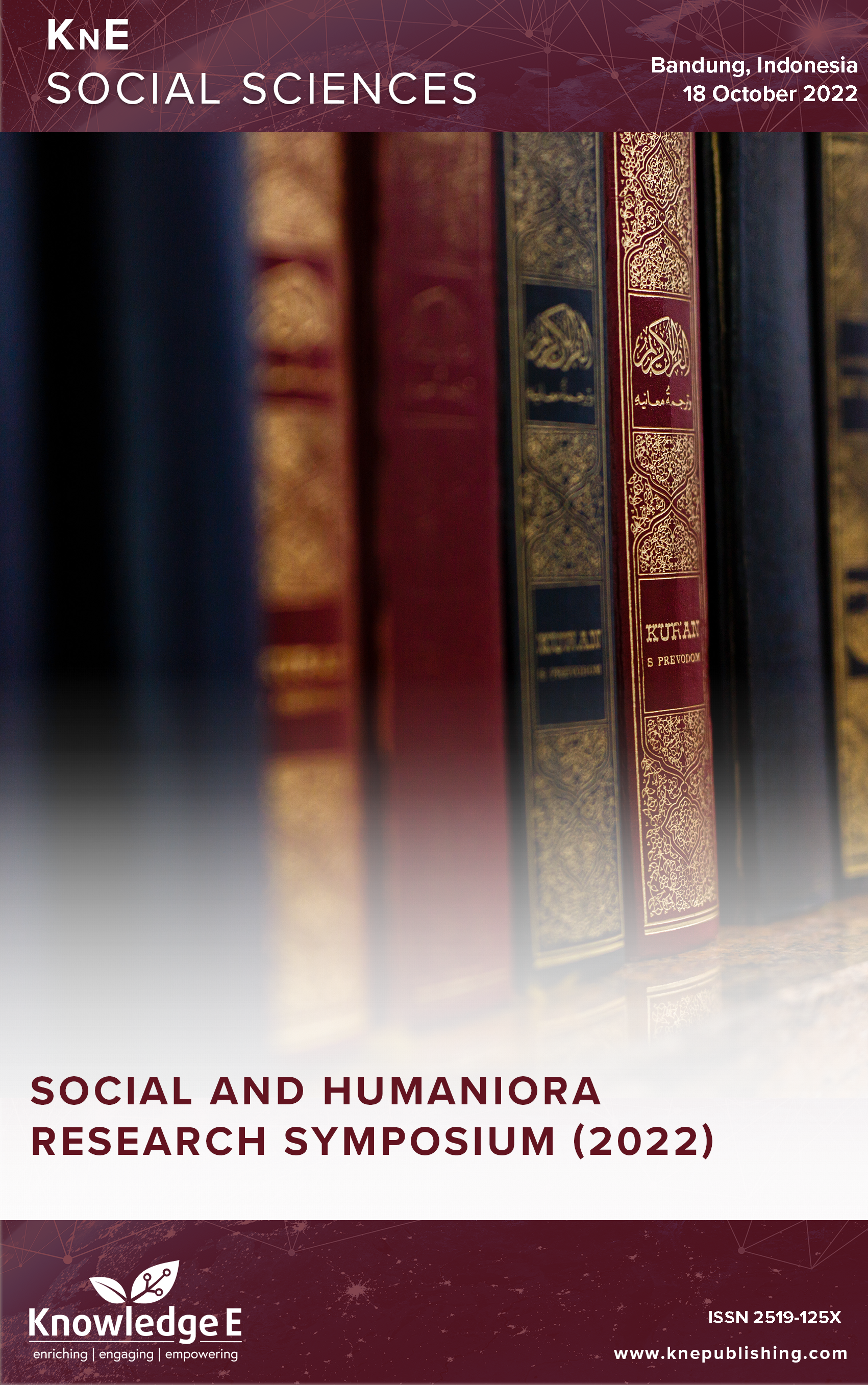Entrepreneurial Profile Among Muslim Undergraduate Students
DOI:
https://doi.org/10.18502/kss.v8i18.14213Abstract
The topic of whether entrepreneurship should be taught in formal education remains a subject of debate. However, it is widely acknowledged that entrepreneurs play a vital role in driving a nation’s economy. This research aims to investigate the profile of student entrepreneurs, specifically among Muslim students, based on their past experiences using the self-assessment framework developed by Timmons and Spinelli Jr. The research adopted a quantitative methodology, and questionnaires were distributed to respondents selected through purposive sampling. The respondents consist of Muslim students who have either taken or are currently enrolled in an entrepreneurship module. The findings of the study indicate that students prioritize capital as the most important aspect of their entrepreneur profile, while status and prestige are considered the least influential factors in their business endeavors. This suggests that students place significant importance on capital requirements, such as personal savings, bank loans, or investor funds, when developing their entrepreneur profile. This emphasis on capital is logical, as aspiring entrepreneurs aim to establish new businesses. On the other hand, the study reveals that status and prestige hold little significance for students when deciding to pursue entrepreneurship. This implies that students do not perceive a direct correlation between entrepreneurial status and their decision to become entrepreneurs. While there is no definitive profile of a successful entrepreneur or a predetermined path to entrepreneurial success, the study underscores the importance of focusing on students’ entrepreneurial profiles as a key factor for long-term success.
Keywords: entrepreneurship, education, profile
References
[2] Wiratno S. “Pelaksanaan Pendidikan Kewirausahaan di Pendidikan Tinggi.” Jurnal Pendidikan dan Kebudayaan. 2012;18(4). https://doi.org/10.24832/jpnk.v18i4.101
[3] Hidayat S, Kusumawati N, Affandi N, Ende E, Afiah ET. “Determinants of entrepreneurial intention among undergraduate students in Indonesia.” In Proceedings of the 4th Social and Humanities Research Symposium (SoRes 2021), 2022. https://doi.org/10.2991/assehr.k.220407.123
[4] Gumelar ET. “Islamic business technology base incubator and micro small entreprises center (IBTI–MSEC) Sebagai Laboratorium Entrepreneur Islam.” Jurnal Manajemen dan Bisnis (Performa). 2016;13(2).
[5] Din BH, Anuar AR, Usman M. “Does the entrepreneurship education matters in enhancing entrepreneurial skill among students in Malaysian public universities?” International Review of Management and Marketing. 2016;6(7 Special Issue).
[6] Karabulut AT. Personality traits on entrepreneurial intention. Procedia Soc Behav Sci. 2016;229:12–21.
[7] Korhonen M, Komulainen K, Räty H. ‘Not everyone is cut out to be the entrepreneur type’: How Finnish school teachers construct the meaning of entrepreneurship education and the related abilities of the pupils. Scandinavian Journal of Educational Research. 2012;56(1):1–19.
[8] Ruskovaara E, Pihkala T. Entrepreneurship education in schools: empirical evidence on the teacher’s role. Journal of Educational Research 2015;108(3):236–249.
[9] Program Studi Manajemen, Dokumen Penyusunan Kurikulum Pendidikan Tinggi Program Studi Manajemen Fakultas Ekonomi dan Bisnis Universitas Islam Bandung. 2022.
[10] Timmons JA, Spinelli S Jr. New venture creation: Entrepreneurship for the 21st Century. Boston: McGraw-Hill/Irwin; 2009.

